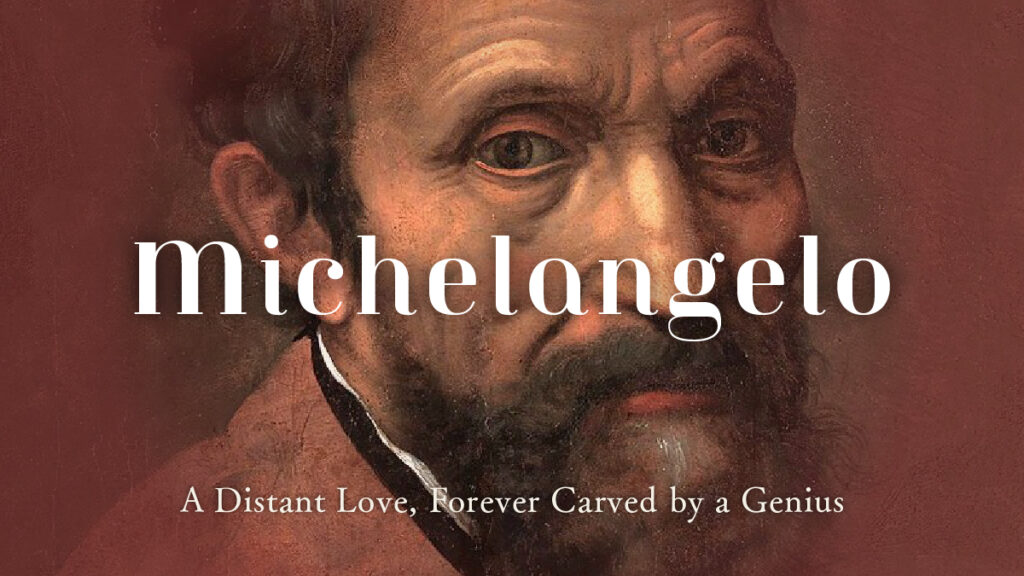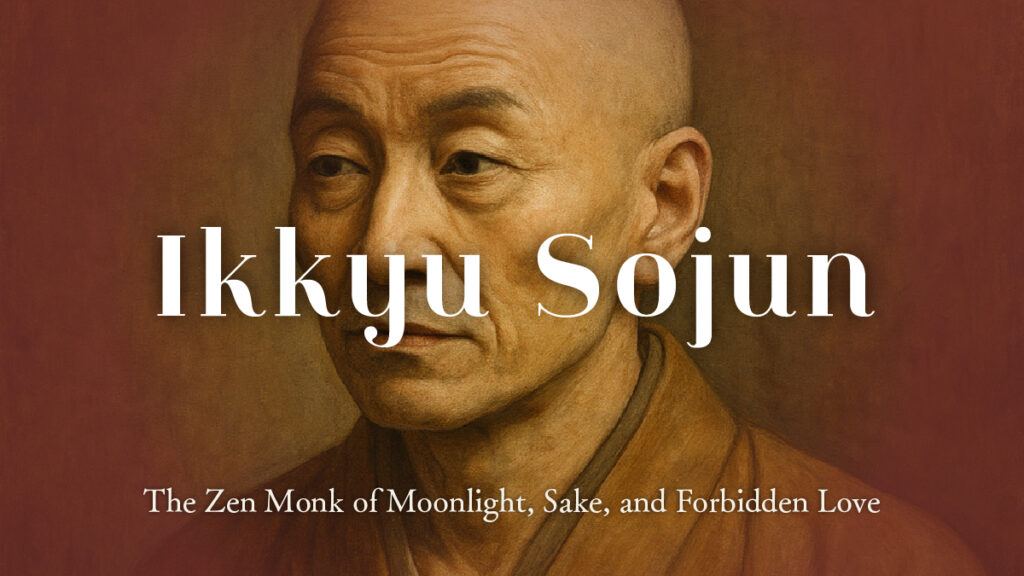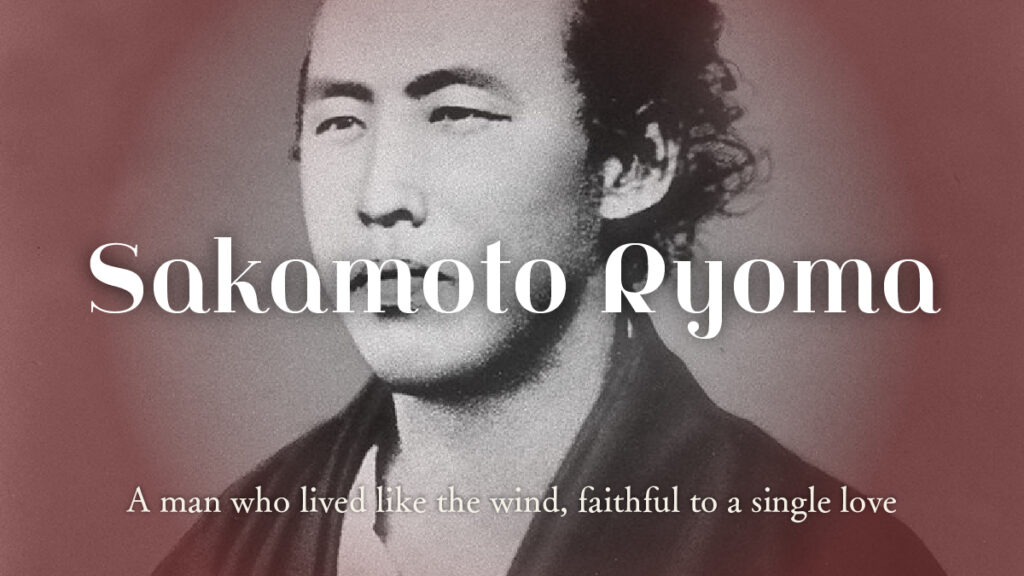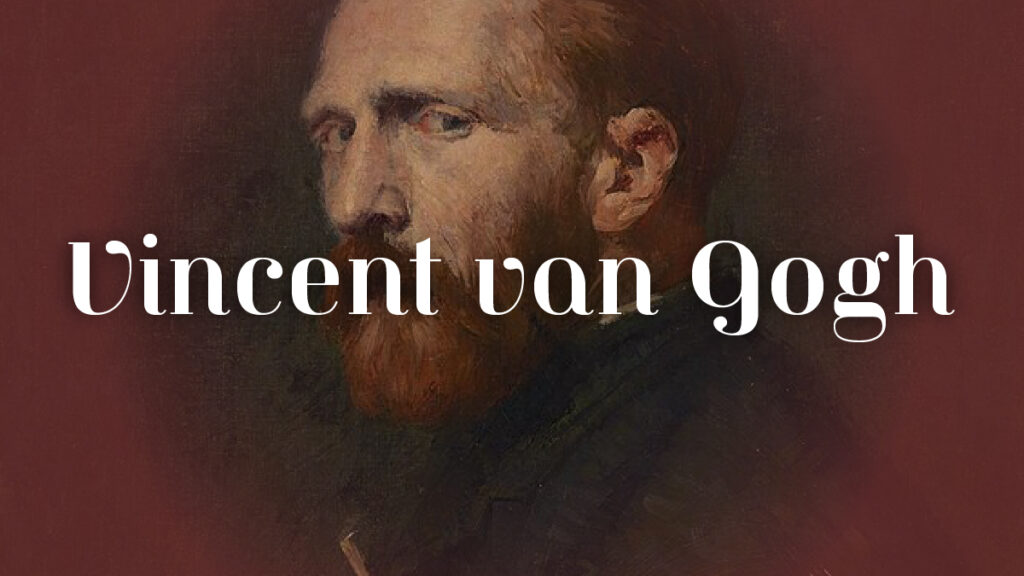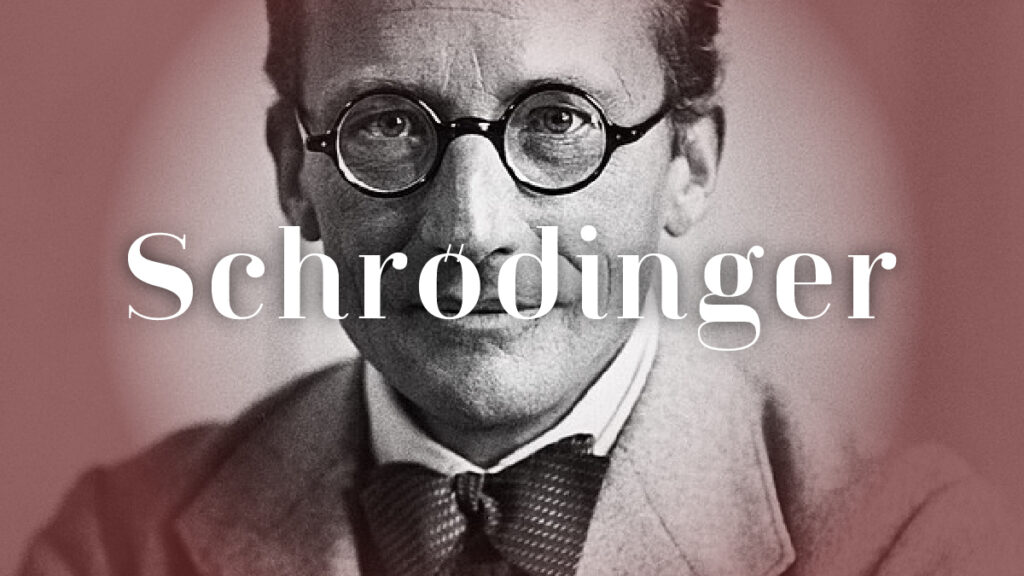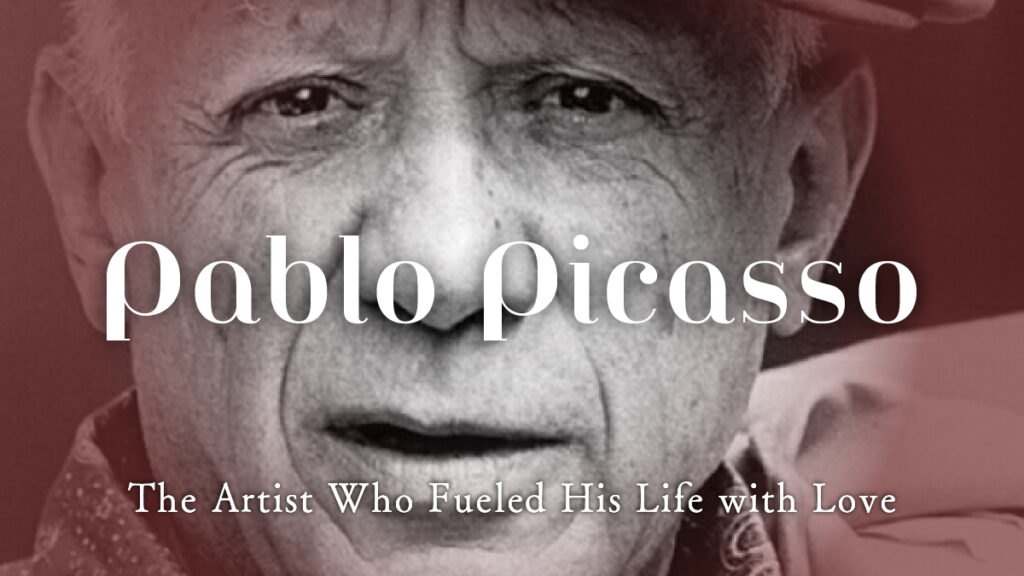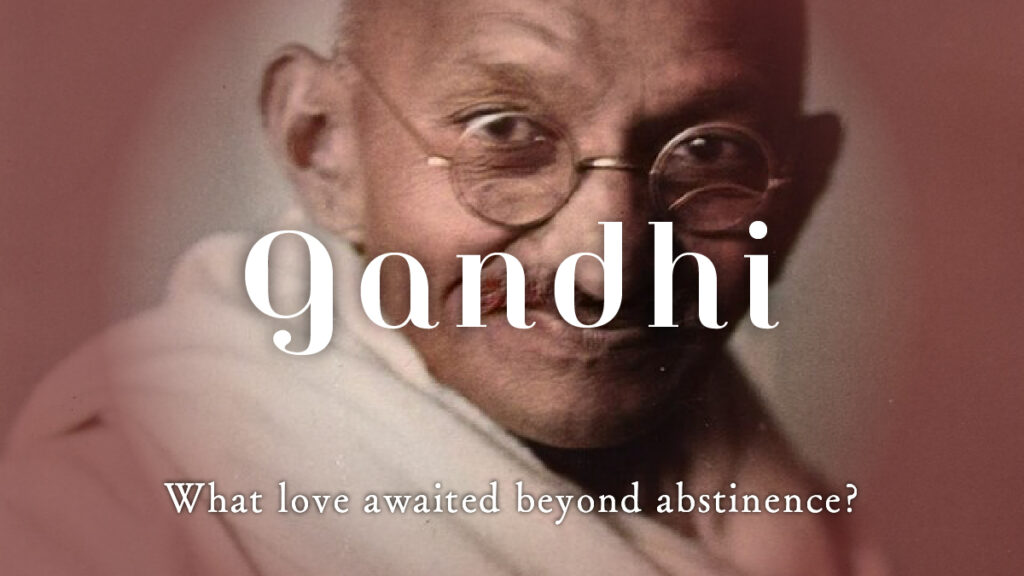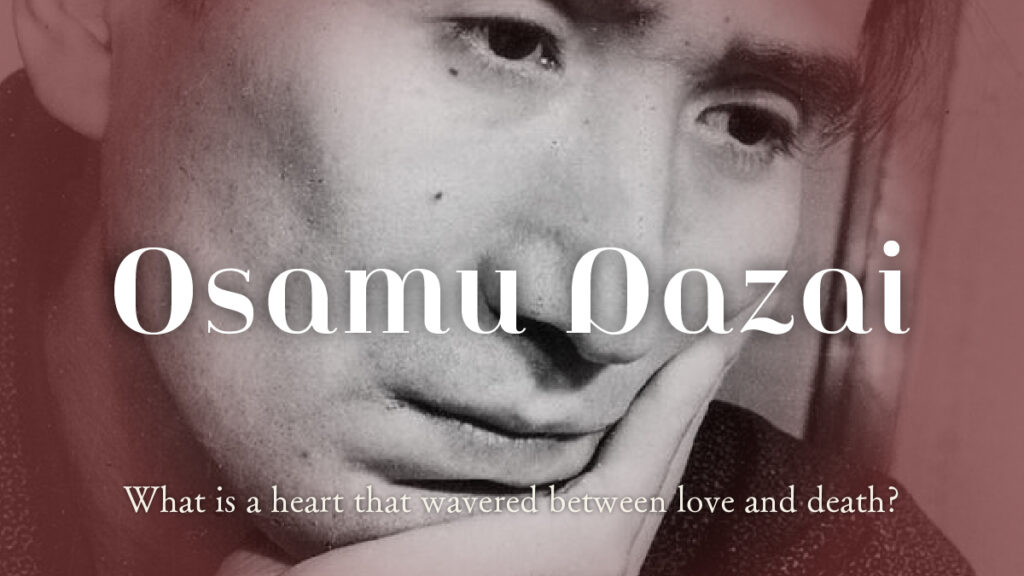Sakamoto Ryoma’s View on Love|What was the “tender love” shown by the hero of the late Tokugawa era?
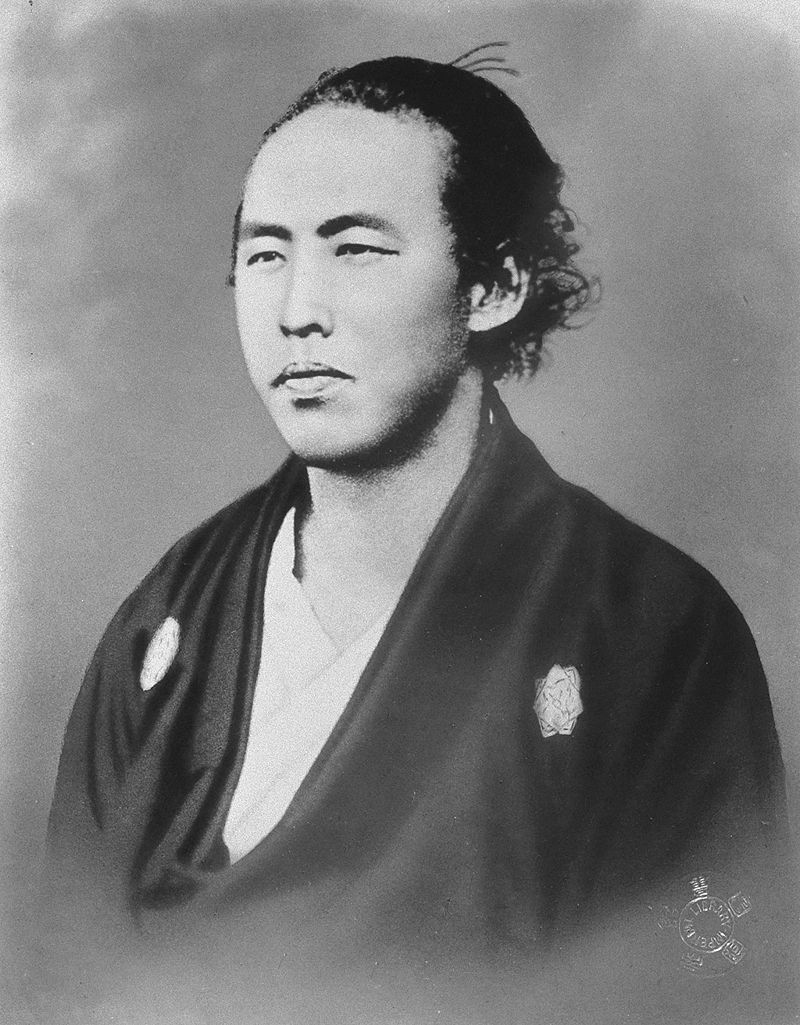
He was called the Hero of the Late Tokugawa Era — Sakamoto Ryoma.
He forged the Satsuma–Choshu Alliance, advanced the restoration of imperial rule,
and became a driving force behind Japan’s transformation into a modern nation.
Yet the reason Ryoma continues to be admired and loved today lies beyond his political achievements.
He lived freely as the wind, loyal in friendship, fond of laughter and drink,
and above all, steadfast in his affection for others.
It was this warm and unrestrained way of life that transcends time and still stirs hearts today.
In this article, we turn our gaze to Sakamoto Ryoma not as a hero, but as a man—
focusing on the story of love, devotion, and vulnerability that shaped his heart.
From a Boy in Tosa to a Dreamer of the World
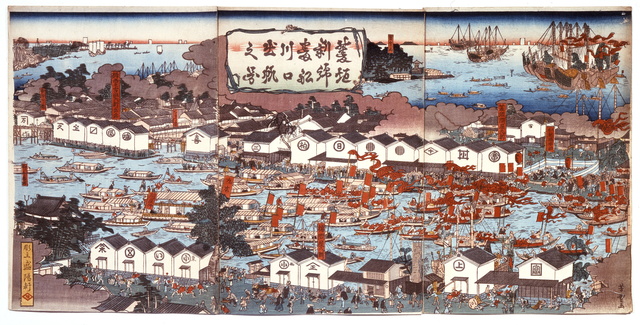
A Cage Called Class
Born in 1835 in Kochi, Tosa Domain, Ryoma belonged to the “goshi” class—
a status between samurai and townspeople. Though his family was relatively wealthy, they were looked down upon by higher-ranking samurai.
This social tension may have planted in him a longing to transcend class, status, and constraint—to live freely.
The Girl Next Door
There are few records, but it’s said that Ryoma once quietly admired the girl who lived next door during his youth in Tosa.
A fleeting, nameless crush.
He never spoke to her—just watched her smile from the sunny edge of the veranda.
Perhaps, after practicing sword swings, he’d see her face flash in his mind as sweat cooled on his palms.
A glance exchanged by chance could set a young boy’s heart racing.
Unfulfilled though it was, that first, faint love may have seeped quietly into the roots of the man he would become.
Meeting Kao in Edo
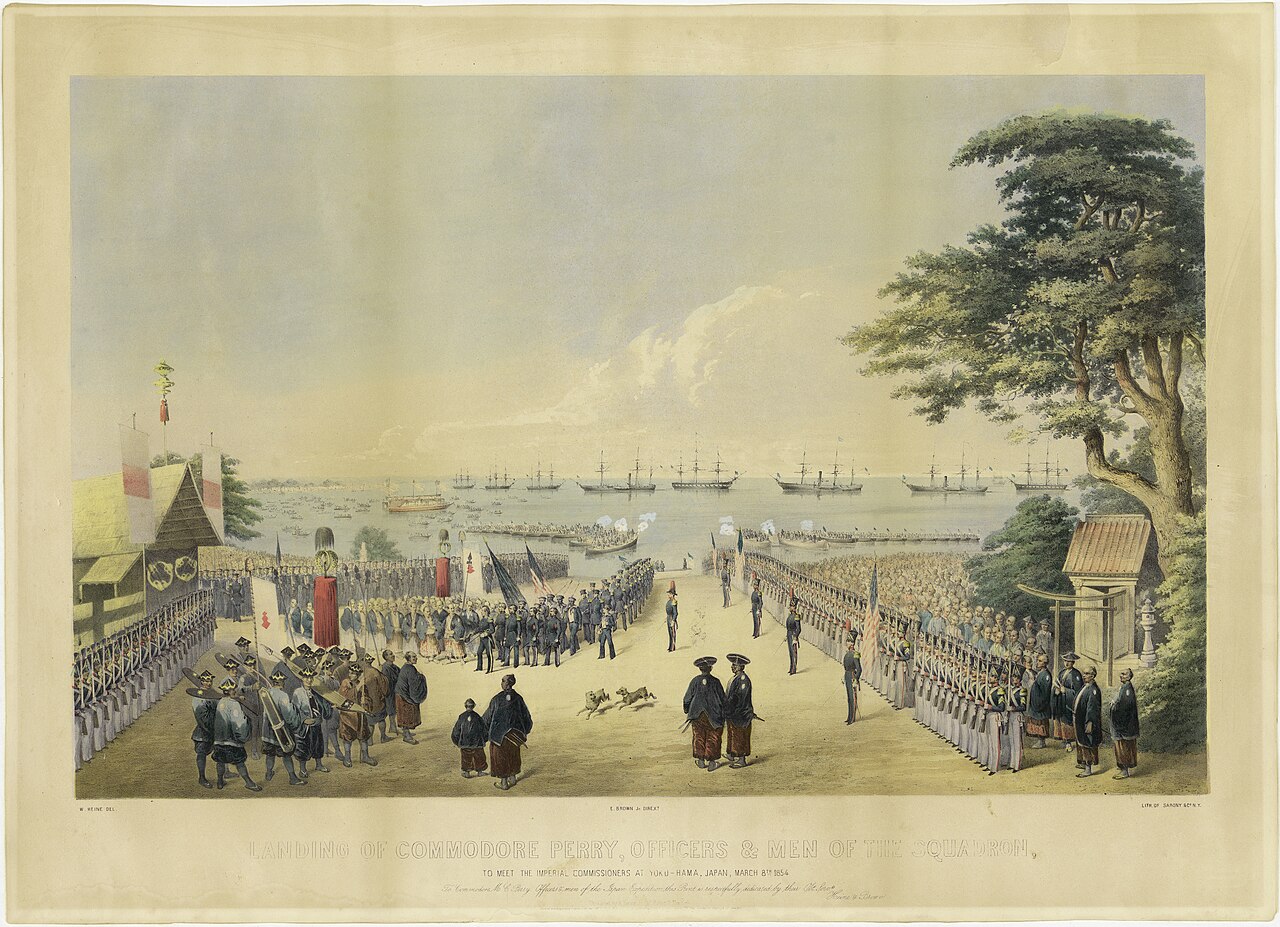
Between a Nation’s Fate and a Lover’s Hand
While training in swordsmanship in Edo, Ryoma was shaken by the arrival of Commodore Perry’s black ships.
He gradually turned his eyes toward politics—and upon returning to Tosa, he met a woman who would shape his emotional world.
Her name was Kao Hirai.
They were about fifteen years old at the time.
Kao was the daughter of a samurai, well-educated, and known for her talent in poetry and Chinese verse.
They exchanged letters and met in secret; a true bond began to form between them.
But the era would not allow it.
Ryoma chose to leave his domain without permission—a serious offense.
He could not carry both the dream of saving Japan and the peaceful life of love he shared with Kao.
After their separation, her name never appears again in his letters.
Yet one line remains:
“The things I long for—I find joy in seeing them only in dreams.”
Was it Kao he meant? Or every beloved thing he had to leave behind? No one knows.
Swept Away by a Woman Named Oryo
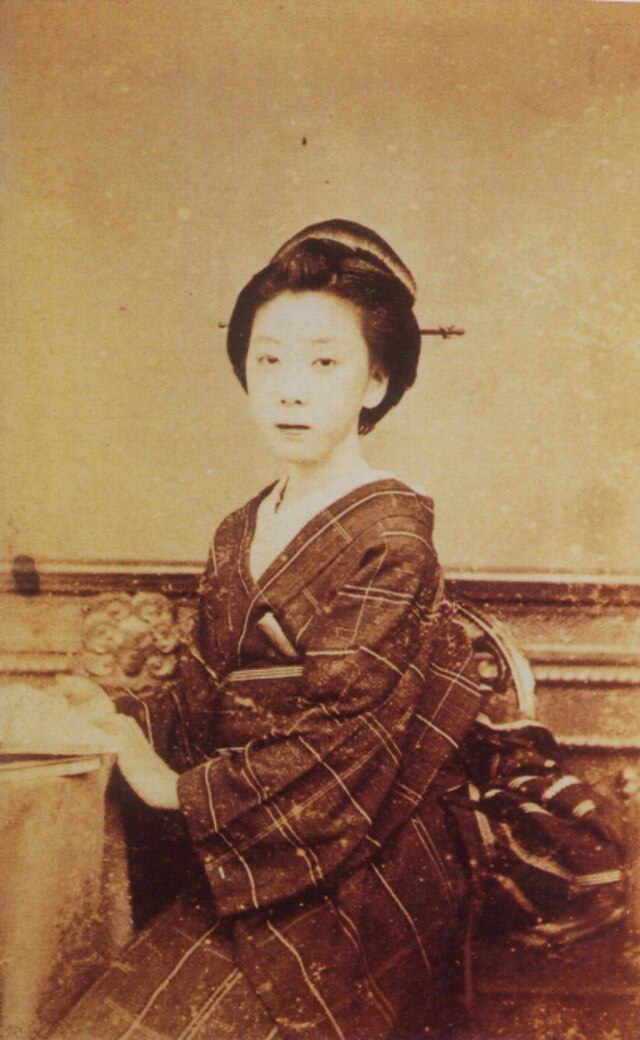
A Chance Encounter in Kyoto, a Flight to Kagoshima
At age 29, just after mediating the Satsuma-Choshu Alliance, Ryoma was hiding in Kyoto’s Teradaya Inn, evading the shogunate’s spies.
It was there that a naked woman ran from the bath to warn him of an approaching assassination attempt—
A famous tale now passed down through generations.
That woman was Narasaki Ryo—known affectionately as Oryo—who would become Ryoma’s life partner.
Oryo, the daughter of a Kyoto physician and an employee of the Satsuma residence,
was strong-willed, lively, and spirited—an uncommon character for women of the time.
Her courage and quick action saved Ryoma’s life and set their destiny in motion.
The two fled Kyoto together, traveling to Kagoshima.
This journey, later known as Japan’s first honeymoon, saw them escaping into the smoky mountains of Kirishima and bathing in hidden hot springs—
just man and woman, pausing time in a chaotic age.
Love, Penned in His Own Words
Ryoma’s love letters reveal not learned rhetoric but the warmth of his personality.
In one, he called Oryo “the cutest woman in the world,”
affectionately noting her fondness for drink and her fiery temper as “part of her charm.”
In another, he joked, “A woman’s temper is harder to handle than war,”
revealing both his humor and his sincerity.
His words, plain and unpolished, carried genuine feeling.
He loved honestly, and he wrote as he was.
The Final Farewell, and a Love Left Behind
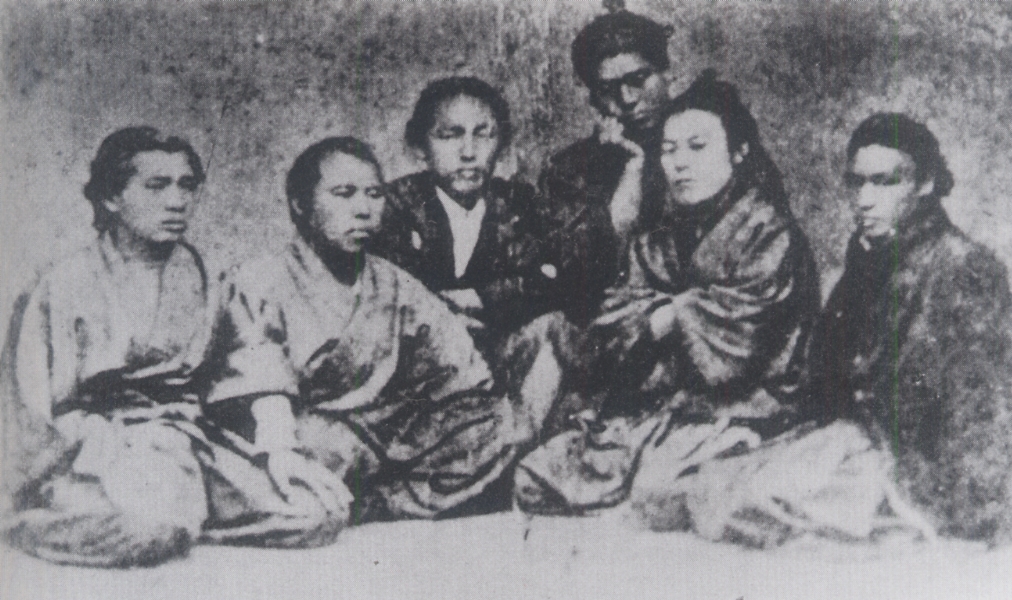
A Hand Left Reaching
On November 15, 1867, Ryoma was assassinated in Kyoto at the age of 31.
Just after achieving the bloodless return of power to the emperor—ending centuries of feudal rule—he was ambushed and killed.
While the attackers are believed to have been members of the shogunate’s police, the truth remains unknown.
Oryo only learned of his death some time later. She wept bitterly.
For a time, she stayed with the Sakamoto family, but eventually wandered from place to place.
She changed her name to Mitsue Narasaki and even married a photographer at one point.
Life was not kind.
She spent her final years in poverty in Yokosuka.
Up until her death in 1904, she would often say:
“I was the wife of Sakamoto Ryoma.”
Later in life, she reflected:
“My husband’s dream was the beginning of Japan.
But I… I only wished our one day together could last forever.”
A Breeze Named Love
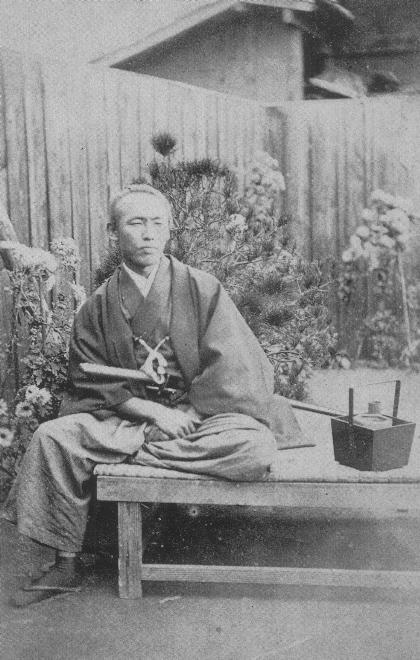
What Was Sakamoto Ryoma’s View of Love?
Sakamoto Ryoma’s love embodied both the boldness of a man who changed the course of history and the quiet warmth of one who truly cared for others.
He forged the Satsuma-Choshu Alliance, paved the way for the restoration of imperial rule, and led Japan toward a new era—not with a sword, but with words and a smile. Perhaps that same human charm that won people’s hearts in politics also defined the way he loved.
For him, love was neither conquest nor ideal—it was closer to a simple prayer: to live together, side by side. In the calm days he shared with Kayo Hirai and the turbulent years he spent with Oryo, there seemed to dwell a heart that transcended class and convention, seeking only to trust the person before him.
Free as the wind, yet capable of deep devotion to one woman—this gentle, straightforward nature may well be what truly defines Sakamoto Ryoma as a man.
Even amid the upheaval of the Bakumatsu era, his way of loving quietly reminds us of the preciousness of two people standing together.
—And what about you?
When you love someone, can you be as free—and as honest—as Ryoma was?
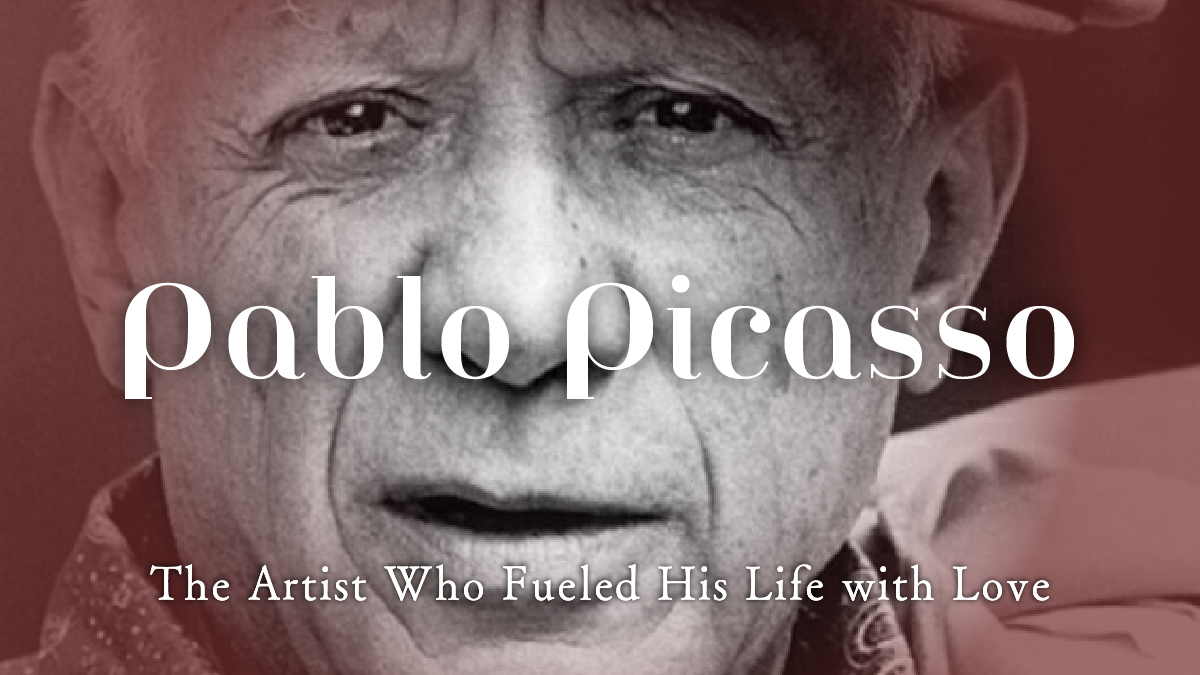
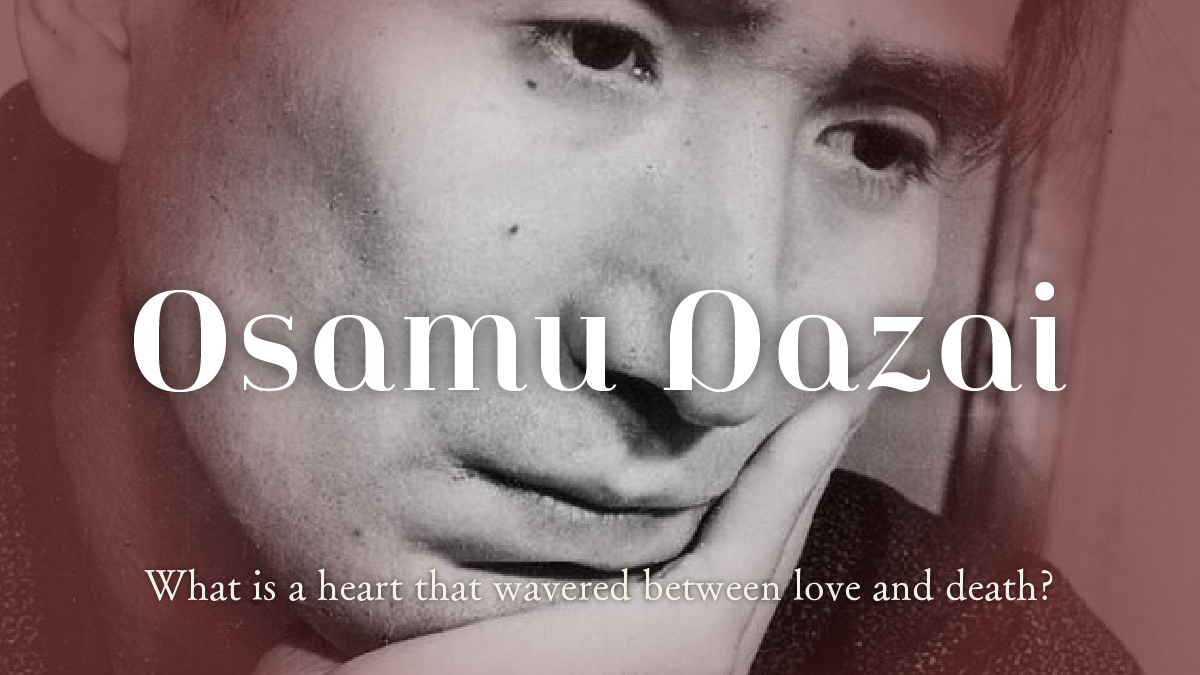


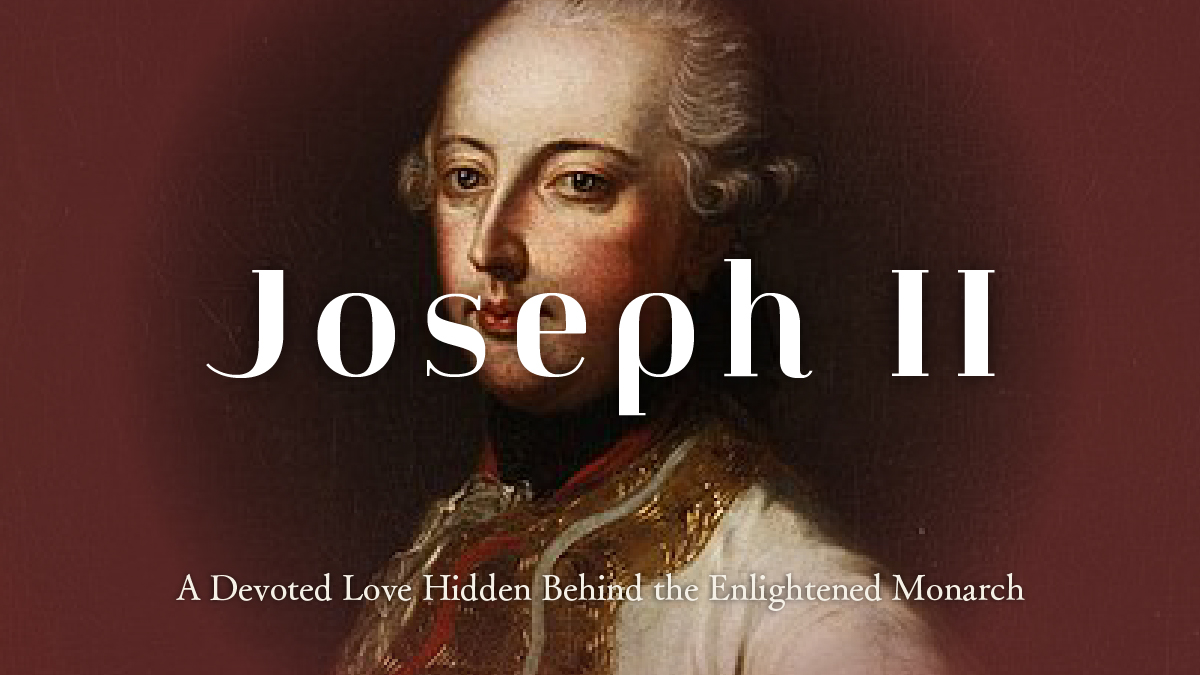
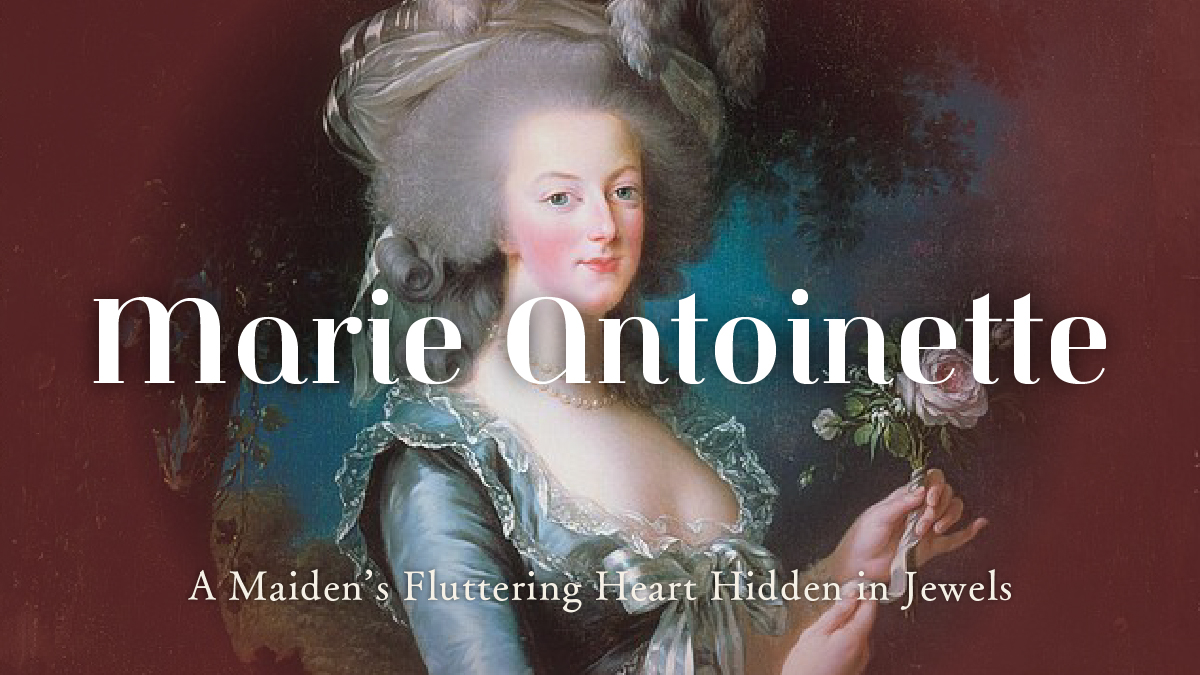
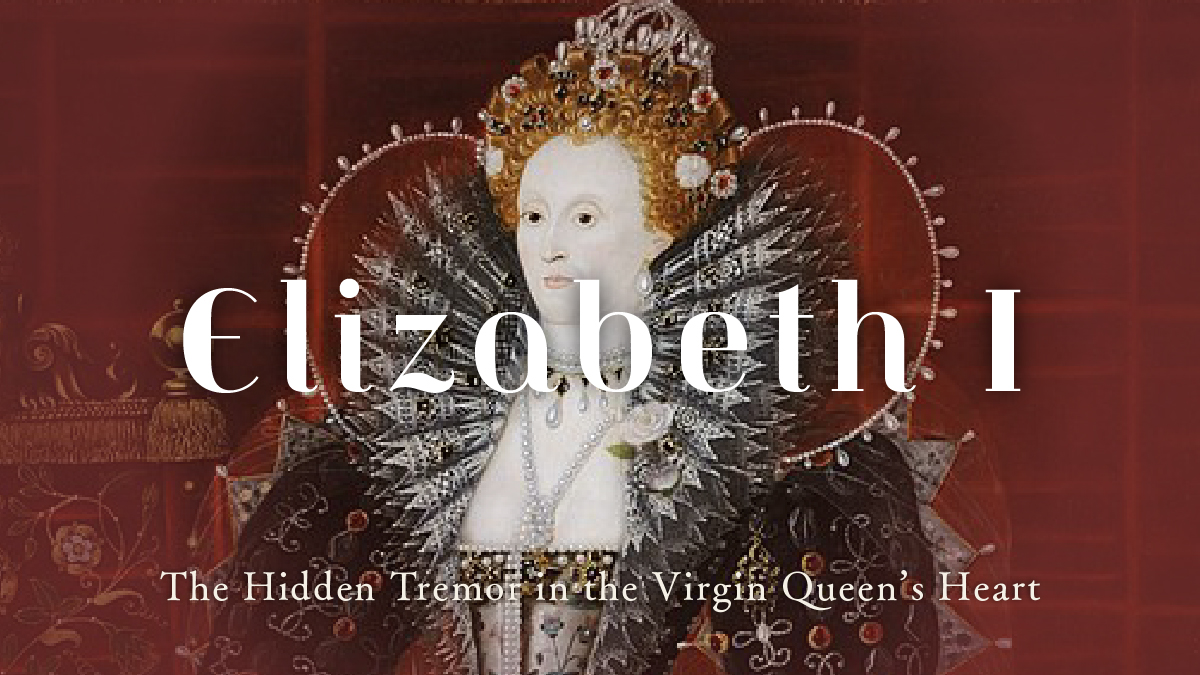
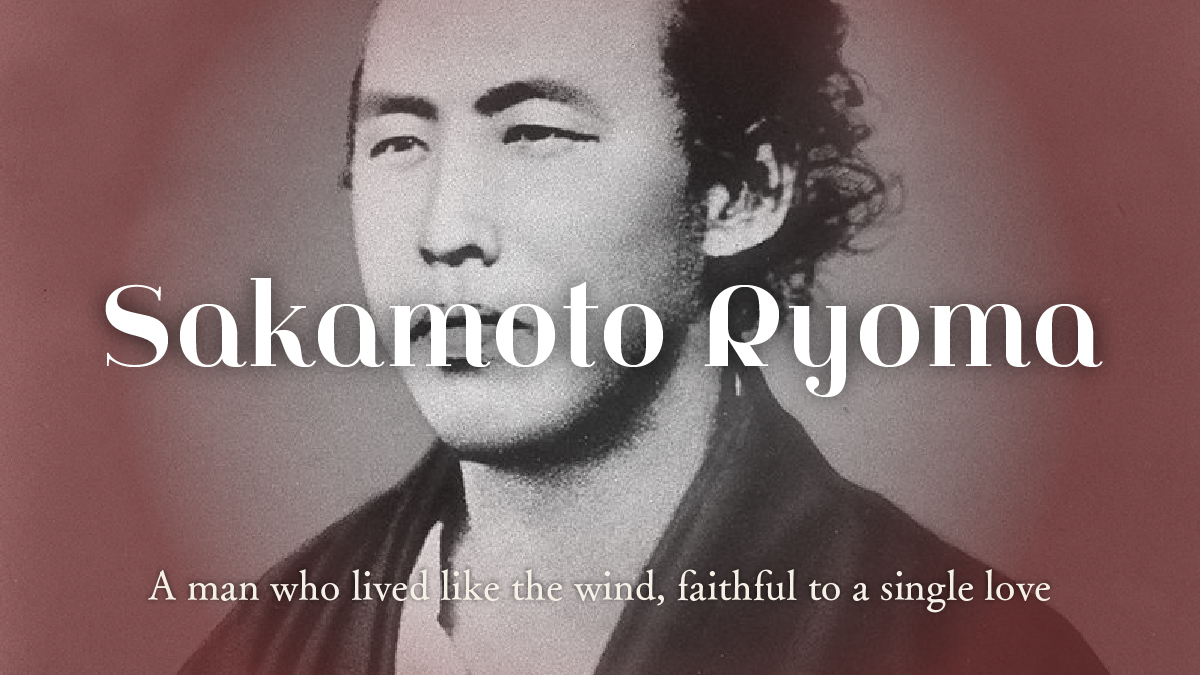
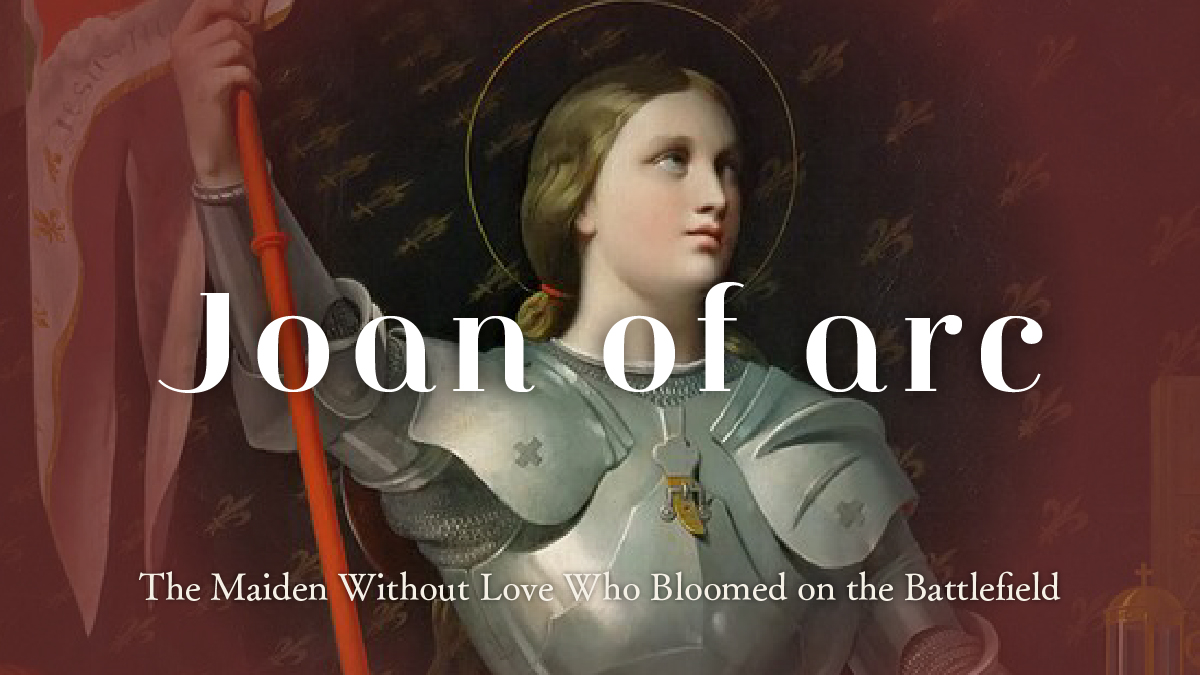
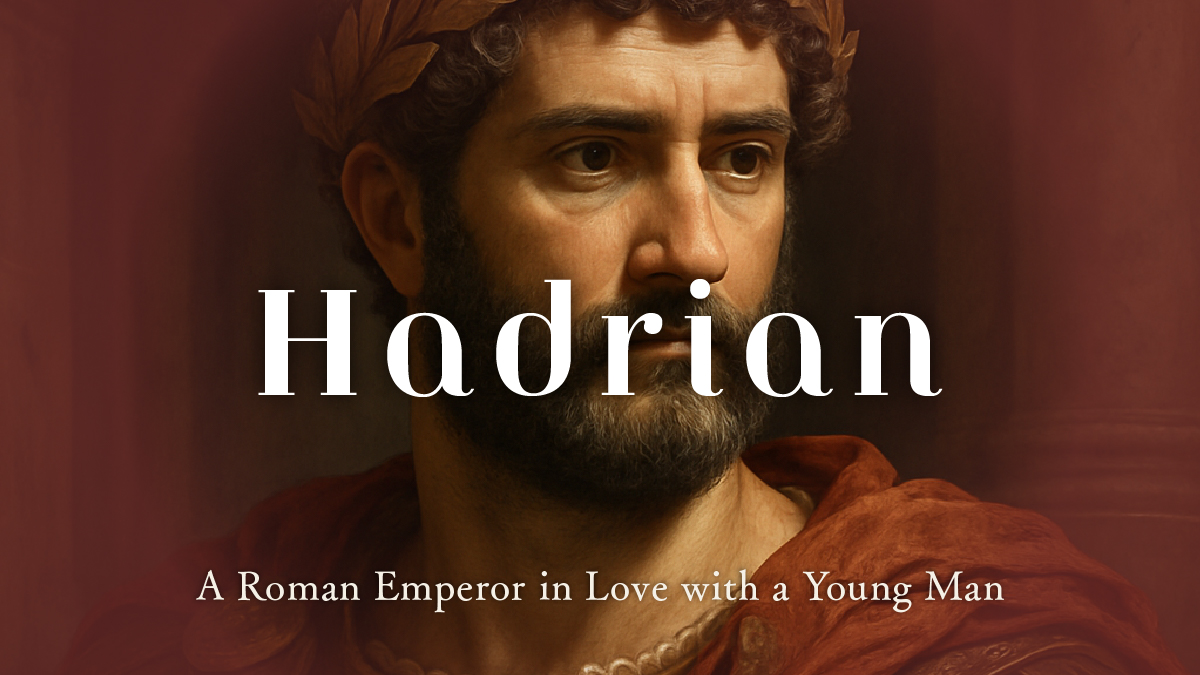
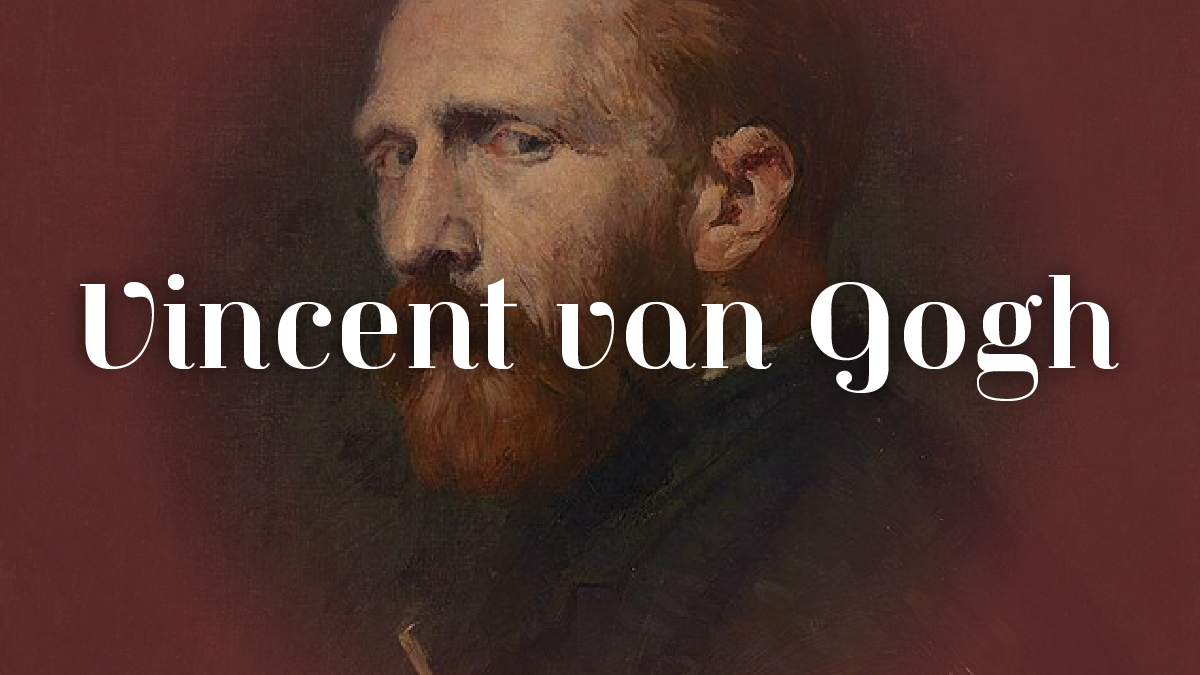

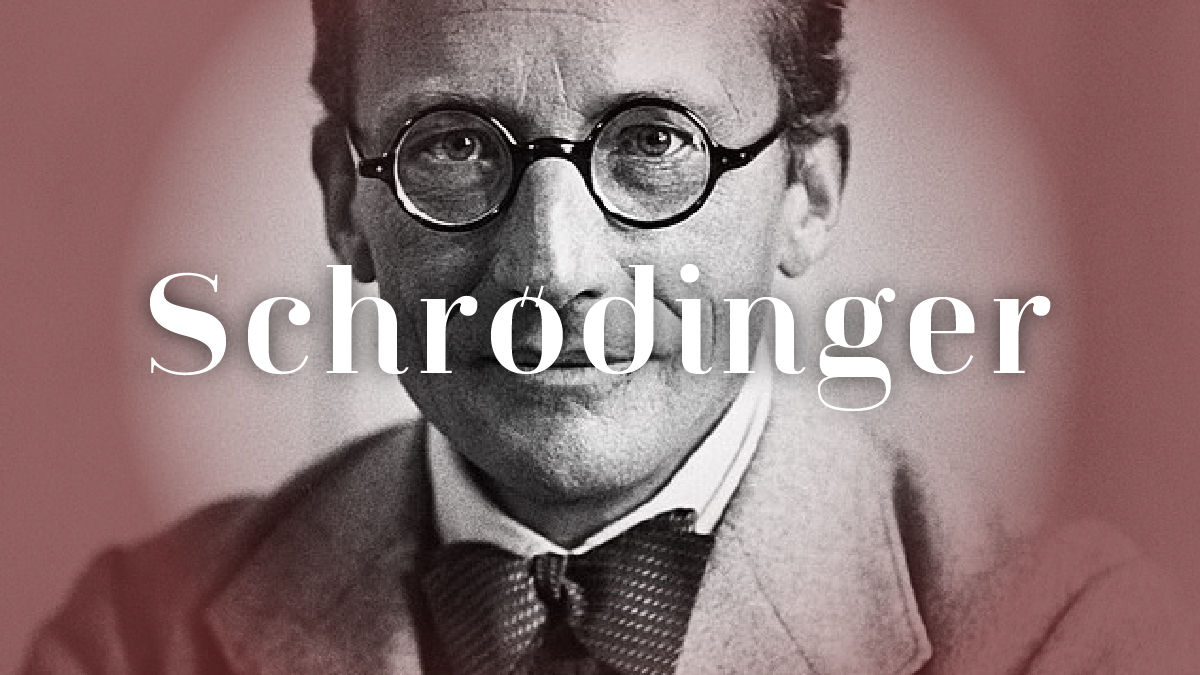

 日本語
日本語

